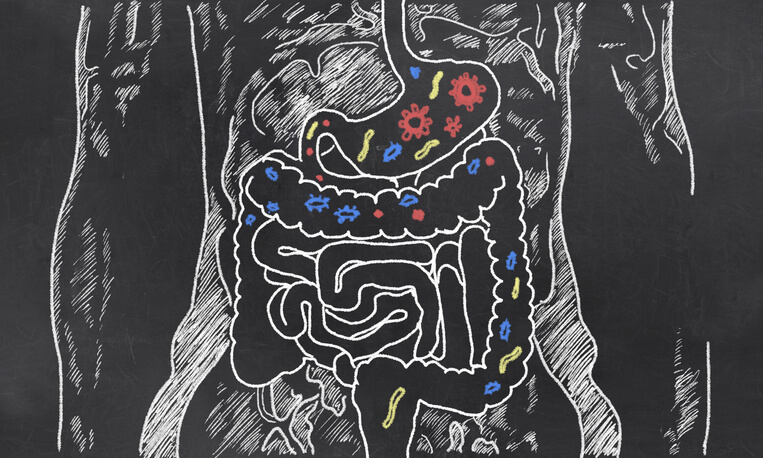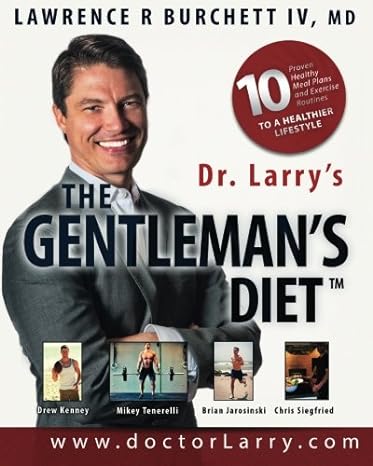Should You Be Worrying About Your Gut Health?

[cs_content][cs_section bg_color=”hsl(0, 0%, 100%)” parallax=”false” separator_top_type=”none” separator_top_height=”50px” separator_top_angle_point=”50″ separator_bottom_type=”none” separator_bottom_height=”50px” separator_bottom_angle_point=”50″ style=”margin: 0px;padding: 45px 0px;”][cs_row inner_container=”true” marginless_columns=”false” style=”margin: 0px auto;padding: 0px;”][cs_column fade=”false” fade_animation=”in” fade_animation_offset=”45px” fade_duration=”750″ type=”2/3″ style=”padding: 0px;”][x_custom_headline level=”h1″ looks_like=”h1″ accent=”false”]Should You Be Worrying About Your Gut Health?[/x_custom_headline][cs_text]Reviewed & Approved by Dr. Larry
[dropcap]I[/dropcap]n the last couple of years, the conversation about gut health and probiotics has reached a fever pitch. Dietitian and nutrition expert Allison Evanson says that this is just the beginning.
Although understanding gut health and its effect on our whole-body health is still in the early stages, Allison asserts that it’s important to take stock of what we know right now. We know:
- Good, healthy bacteria are supposed to exist in our gut, and should outweigh any ‘bad’ bacteria.
- This bacterium plays a crucial role in regulating our immune systems, processing nutrients, and regulating our digestive system.
- The importance of gut bacteria balance likely affects much more of our health than we yet know.
[/cs_text][x_video_player type=”16:9″ src=”https://youtu.be/6bwMbx9Sxjk” hide_controls=”false” autoplay=”false” no_container=”false” preload=”none” advanced_controls=”false” muted=”false” loop=”false” poster=””][cs_text]When we talk about the ‘gut,’ we’re primarily talking about the lower digestive system, which includes:
- The colon
- The large intestine
- To a lesser extent, the stomach and small intestine
According to Allison, the role of gut bacteria in our bodies has largely been unknown and undervalued up until recent research has revealed how much it can change our overall health. New research has shown that having an imbalance in your gut bacteria is related to a host of health problems, which include autoimmune problems, brain function, and cancer.
“From a standpoint of maintaining the good bacteria that you have, diet is huge,” Allison says. She stresses the importance of healthy eating, consisting of meals that always incorporate:
- Lots of vegetables
- Healthy fats
- Quality protein
She also reminds her patients to minimize processed carbohydrates and sugars that feed ‘bad’ bacteria in the gut. These bad bacteria can overwhelm the good bacteria that exists in your gut; disrupting the natural balance that your body attempts to maintain to keep you healthy.
What can you do to improve your own gut health?
In addition to eating vegetables, healthy fats, and a source of protein with every meal, Allison suggests eating healthy foods that can introduce and maintain healthy gut bacteria.
The best foods for healthy gut bacteria? Fermented foods like:
- kimchi
- sauerkraut
- miso
- kefir
- live-culture yogurt
The worst thing for your gut health? Antibiotics.
Because antibiotics are meant to kill the bad bacteria that could harm you, they’ll also kill off the good bacteria in your gut and throughout your body. This can put you at risk for c-diff, yeast infections, diarrhea, and other health problems. So once you’ve completed your course of prescribed antibiotics, you can reintroduce healthy bacterium by eating gut-healthy foods like live-culture yogurt every day for a couple weeks.
Probiotic pills are a highly-advertised supplement that claims to improve your gut health. Do they work?
Allison cautions her patients that because supplements and vitamins on the market aren’t well-regulated, you could be buying a product that doesn’t actually work. The bacteria in many probiotic pills are dead, and won’t do anything for your gut. That’s why you see some probiotic pills in the refrigerated section of the grocery store: to keep the healthy bacteria alive so that they’ll do what they’re supposed to when you ingest them.
Allison recommends getting your probiotics from gut-healthy foods and a healthy diet of protein, veggies, and healthy fats. But if you absolutely hate gut-healthy foods, you should do some research on your probiotic supplements before buying them.
We all want to take care of ourselves, physically, mentally, and emotionally. Learning to keep your gut happy could be the key to that health!
—
Allison Evanson, MS, RD is the Registered Dietitian and follow-up coach for AffirmativHealth’s RE:Mind program, the Outpatient Dietitian at Sonoma Valley Hospital, and writer for putyourfoodtowork.com. Allison’s approach is to present healthy eating in a way that is realistic, sustainable, and enjoyable[/cs_text][x_gap size=”50px”][/cs_column][cs_column fade=”false” fade_animation=”in” fade_animation_offset=”45px” fade_duration=”750″ type=”1/3″ style=”padding: 0px;”][x_widget_area sidebar=”sidebar-main” ][x_widget_area sidebar=”ups-sidebar-adoption-services” class=”man”][/cs_column][/cs_row][cs_row inner_container=”true” marginless_columns=”false” style=”margin: 0px auto;padding: 0px 0px 30px;border-style: solid;border-width: 1px;”][cs_column fade=”false” fade_animation=”in” fade_animation_offset=”45px” fade_duration=”750″ type=”1/1″ style=”padding: 0px;”][cs_text]
Featured Content
[/cs_text][/cs_column][/cs_row][/cs_section][cs_section parallax=”false” separator_top_type=”none” separator_top_height=”50px” separator_top_angle_point=”50″ separator_bottom_type=”none” separator_bottom_height=”50px” separator_bottom_angle_point=”50″ style=”margin: 0px;padding: 20px 0px 0px;”][cs_row inner_container=”true” marginless_columns=”false” style=”margin: 0px auto;padding: 0px;”][cs_column fade=”false” fade_animation=”in” fade_animation_offset=”45px” fade_duration=”750″ type=”1/1″ style=”padding: 0px;”][ess_grid alias=”featured_content”][/cs_column][/cs_row][/cs_section][/cs_content]


